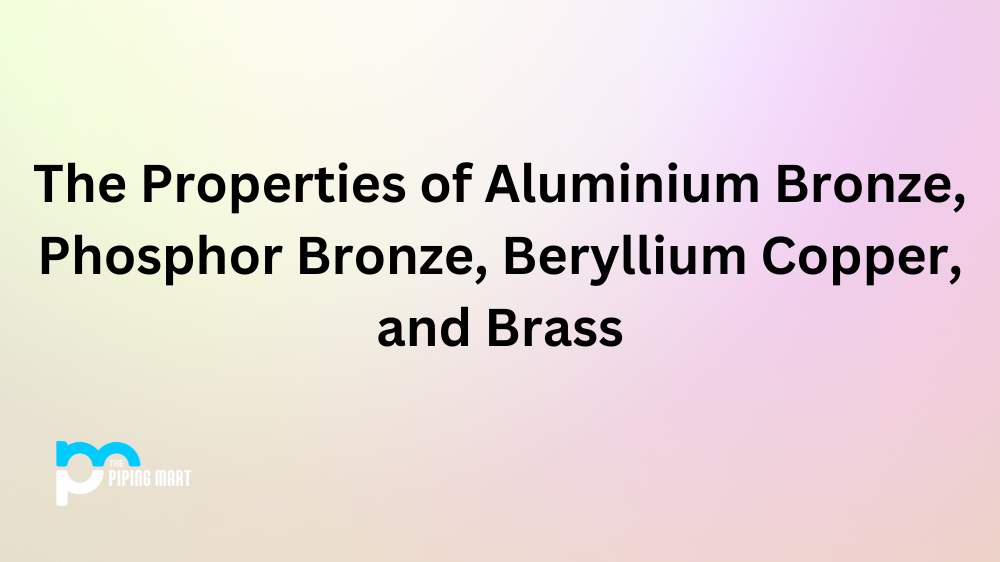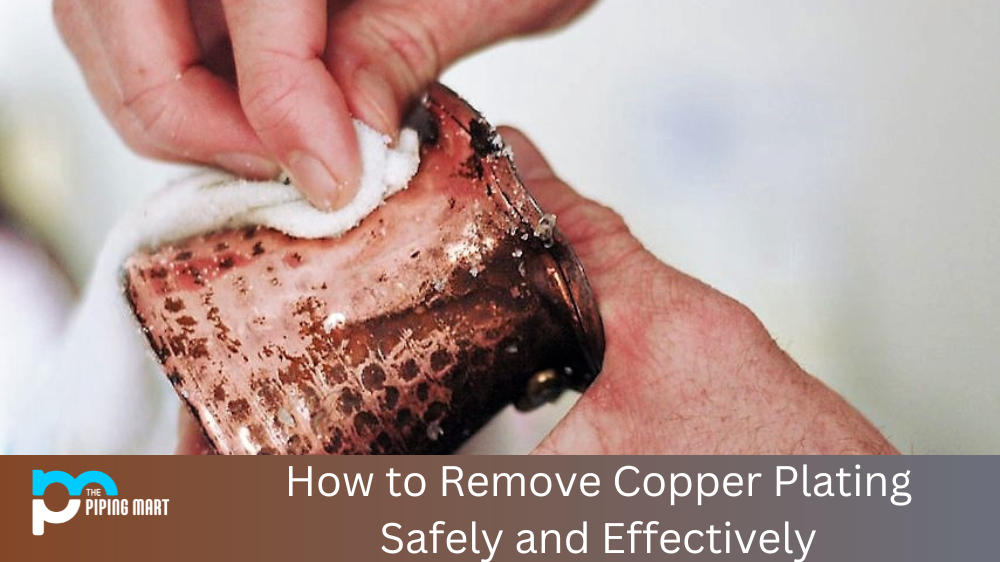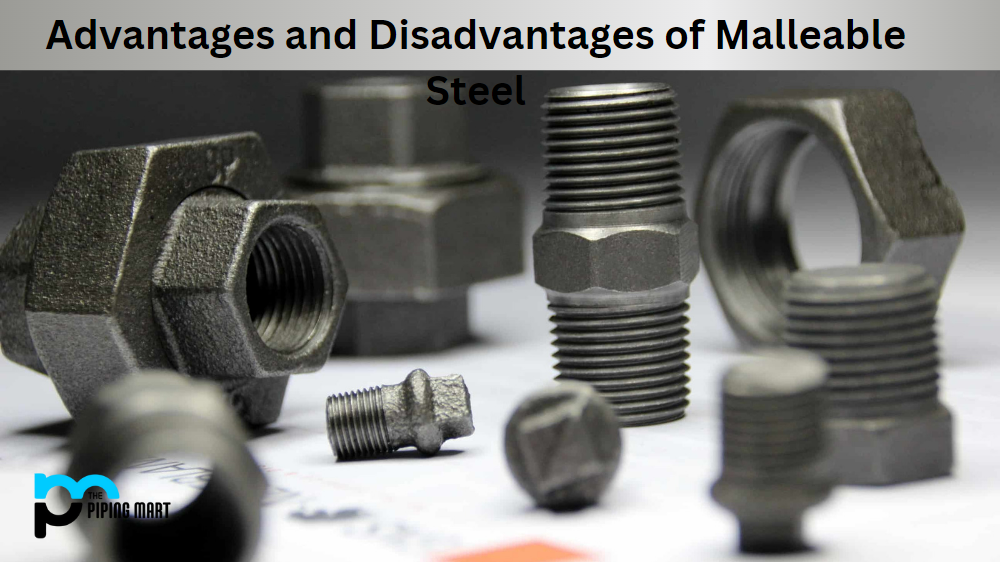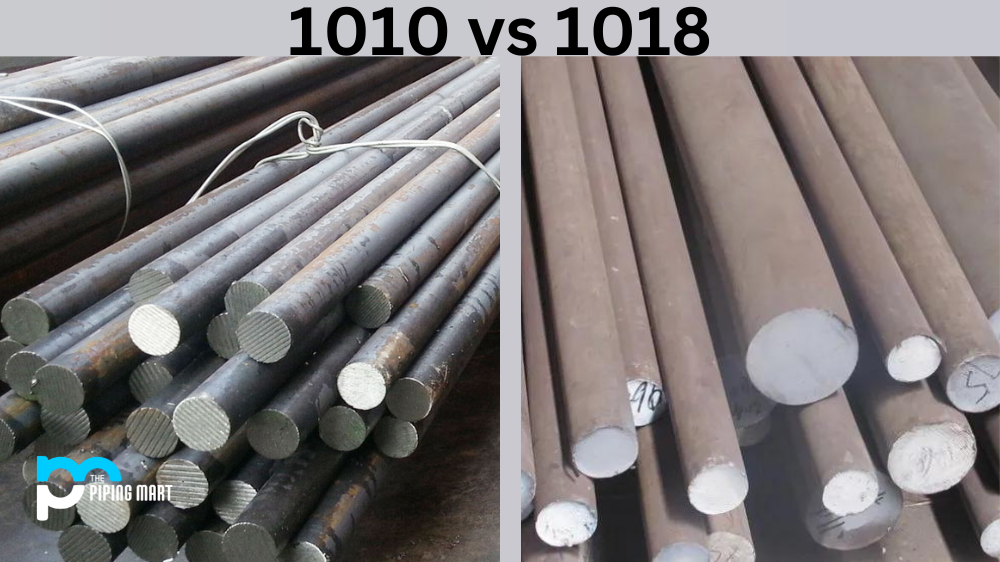For many projects, you want to use the best material for the job. When it comes to metals, there are a lot of options out there. Understanding the properties of each type can help you make an informed decision about which metal is right for your project. This post will compare four different metals: aluminum bronze, phosphor bronze, beryllium copper, and brass. Read on to learn more about how these metals differ.
Aluminum Bronze vs. Phosphor Bronze
Aluminum bronze is a combination of copper and aluminum that offers excellent wear resistance and corrosion resistance. It is often used in applications that require high strength and durability, such as marine components or industrial machinery. In comparison, phosphor bronze is composed of copper and tin with small amounts of phosphorous and zinc added in to increase its strength and hardness. It is commonly used in electrical components because of its conductive properties as well as its ability to resist corrosion.
Beryllium Copper vs. Phosphor Bronze
Beryllium copper is a combination of copper and beryllium that provides excellent strength and stiffness while still being malleable enough for easy forming. It has good electrical conductivity as well as high corrosion resistance making it an ideal choice for electrical connectors or industrial tools. In comparison, phosphor bronze has similar applications due to its high strength but also offers better wear characteristics than beryllium copper when used in moving parts or mechanical components.
Phosphor Bronze vs. Brass
Phosphor bronze has a distinct advantage over brass due to its higher corrosion resistance resulting from the addition of phosphorous during manufacturing. Brass is a combination of zinc, lead, iron, manganese & other trace elements depending on the desired color & alloy requirements, while phosphor bronze contains copper & tin with small amounts of other trace elements such as phosphorus & zinc added during production for increased strength & hardness. Both materials are highly resistant to tarnishing & rust, but brass may be better suited for decorative applications due to its attractive hue, while phosphor bronze may be preferred in applications requiring greater durability or wear resistance due to its higher strength rating compared to brass alloys.
Conclusion:
When choosing between aluminum bronze, beryllium copper, brass, and phosphor bronze, it’s important to understand the key differences between them so you can make an informed decision about which metal will work best for your project needs. Aluminum bronze offers superior wear resistance, while beryllium copper provides excellent electrical conductivity with high corrosion resistance making it ideal for electrical connectors or industrial tools. Phosphorus bronze also provides good wear characteristics while having superior corrosion protection compared to brass alloys which may be better suited for decorative applications due to their attractive hue. With this information at hand, you should have no problem finding the right material based on your unique application needs!

Abhishek is a seasoned blogger and industry expert, sharing his insights and knowledge on various topics. With his research, Abhishek offers valuable insights and tips for professionals and enthusiasts. Follow him for expert advice on the latest trends and developments in the metal industry.




